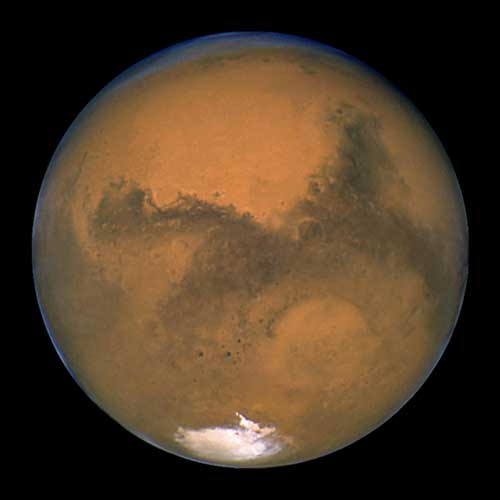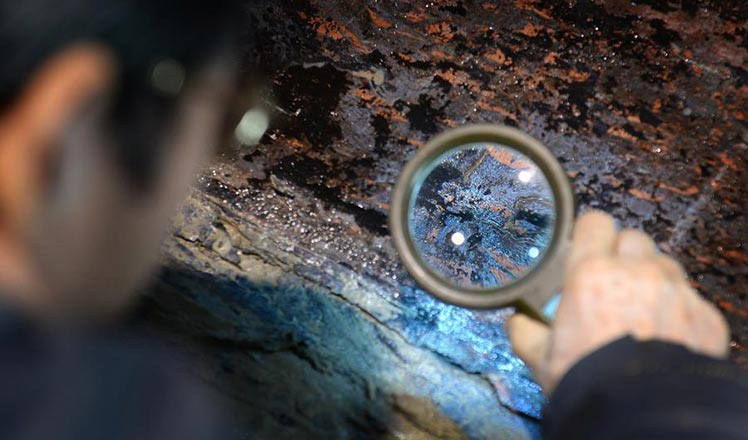NASA cancels launch of next Mars probe due to instrument leak
Updated: 2015-12-23 10:13
(Agencies)
|
||||||||
 |
|
The planet Mars is seen in an image from NASA's Hubble Space Telescope taken August 27, 2003. [Photo/Agencies] |
A US science satellite slated to launch to Mars in March has been grounded due to a leak in a key research instrument, NASA said on Tuesday, creating uncertainty about the future of a widely anticipated effort to study the interior of the planet.
The spacecraft, known as InSight, was designed to help scientists learn more about the formation of rocky planets, including Earth.
The cancellation raises questions about the future of the research effort, as it will be another 26 months before Earth and Mars are favorably aligned for a launch.
Over the next couple of months, NASA will assess options for repairing the faulty instrument, a sensitive seismometer that was provided by the French space agency, CNES.
Budgetary limits may factor into a pending decision on whether NASA will proceed with the program.
After landing on Mars, InSight was designed to detect quakes and other seismic activities, as well as measure how much heat is being released from the planet's subsurface and monitor Mars' wobble - or variations in its orbit - as it circles the sun.
The troubled seismometer, which detects minute vibrations, features sensors encased in a nine-inch (23-cm) wide vacuum sphere, which has been plagued by a series of leaks since August.
Engineers believed they had fixed the problems, but another leak surfaced on Monday during testing.
"We just don't have enough time to find the leak, fix it and still make it to the launch pad in March," John Grunsfeld, NASA associate administrator for science, said during a phone call with reporters.
InSight arrived last week at Vandenberg Air Force Base in California to begin preparations ahead of a launch targeted for March 18.
The costs for the InSight mission, including launch and data analysis, are capped at $675 million, up from an initial $425 million, NASA Planetary Sciences Division Director Jim Green told reporters.
So far, the US space agency has spent $525 million on the program, including buying an Atlas 5 rocket from United Launch Alliance, a partnership of Lockheed Martin and Boeing .

 Whatever the shape or size of a tree, Merry Christmas!
Whatever the shape or size of a tree, Merry Christmas!
 The world in photos: Dec 14 - 20
The world in photos: Dec 14 - 20
 First American woman who works as captain for a Chinese airline
First American woman who works as captain for a Chinese airline
 Life of a family amid Beijing's red alert smog
Life of a family amid Beijing's red alert smog
 External coffin lid of 2,000-year-old Chinese tomb opened
External coffin lid of 2,000-year-old Chinese tomb opened
 First Miss Iraq named in decades
First Miss Iraq named in decades
 Iraq holds its first beauty contest in 40 years
Iraq holds its first beauty contest in 40 years
 Highlights at the Light of the Internet Expo
Highlights at the Light of the Internet Expo
Most Viewed
Editor's Picks

|

|

|

|

|

|
Today's Top News
Shooting rampage at US social services agency leaves 14 dead
Chinese bargain hunters are changing the retail game
Chinese president arrives in Turkey for G20 summit
Islamic State claims responsibility for Paris attacks
Obama, Netanyahu at White House seek to mend US-Israel ties
China, not Canada, is top US trade partner
Tu first Chinese to win Nobel Prize in Medicine
Huntsman says Sino-US relationship needs common goals
US Weekly

|

|







